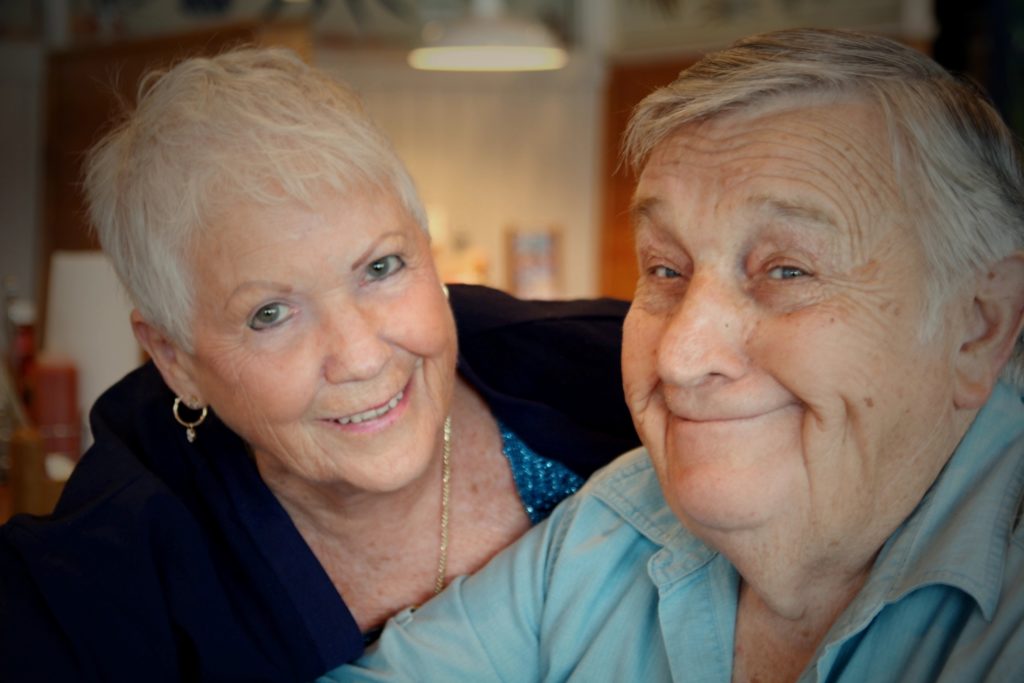Quick Hits
Daily brief research updates from the cognitive sciences

The good ‘ole days, eh! There is some evidence to suggest that we always view the past though rose-tinted glasses – feeling that the past was somehow better than the present. However, research just out has shown that that doesn’t seem to be the case.
Research by Alberto Prati, Claudia Senik for the Association of Psychological Science has shown that current feelings impact our view of the past. To do this they have assessed data from different longitudinal studies into how happy people feel over time. These include a German study over 10 years of 11’000+ participants, a British study over 12 years of 20’000+ participants, a French study of over 18’000 participants, and about 4’000 results from the USA over a period of 35 years.
What did they find?
What they found is that there seem to be some mix up between current ratings and change in happiness over time. This in contrast to the past is better hypotheses. This showed that those who felt happy now rate their past happiness as lower than it actually was. It seems that feeling happy now suggests an improvement or a contrast to the past and so the past must have been less good.
In contrast the opposite happened with those with current lower happiness – they rated their past happiness as higher than it actually was.
This shows that our past memories are influenced by our current states. Prati and Senik plan to further research how memories impact current life decisions – that will be interesting to see. I also wonder how this influences political climate!

Andy Habermacher
Andy is author of leading brains Review, Neuroleadership, and multiple other books. He has been intensively involved in writing and research into neuroleadership and is considered one of Europe’s leading experts. He is also a well-known public speaker, speaking on the brain and human behaviour.
Andy is also a masters athlete (middle distance running) and competes regularly at international competitions (and holds a few national records in his age category).
References
Alberto Prati, Claudia Senik.
Feeling Good Is Feeling Better.
Psychological Science, 2022; 33 (11): 1828
DOI: 10.1177/09567976221096158
More Quick Hits
Want to Live Longer? Be Optimistic!
Quick HitsDaily brief research updates from the cognitive sciences e probably all know some people who are particularly pessimistic - always putting a negative side to things and expecting the worst outcomes. We probably also know some people who...
How Having Had COVID-19 Negatively Impacts Performance at Work
Quick HitsDaily brief research updates from the cognitive sciences ’m sure we’re all aware of the various negative aspects of having contracted COVID-19 such as long COVID but also the brain fog that seems to have been a feature that many people...
Narcissistic Leaders Block Knowledge Flow and Cooperation
Quick HitsDaily brief research updates from the cognitive sciences arcissism is considered one of the three dark-triad traits and something that has been reported as being common in senior leaders. The important question is can and does this hinder...
The Science of Exposing Liars
Quick HitsDaily brief research updates from the cognitive sciences he one place that we can consistently catch people lying is in job interviews. And the question has long been how do you catch out these liars? The answer is you need to outsmart...
High Traffic Noise at School, Slower Cognitive Development
Quick HitsDaily brief research updates from the cognitive sciences ho would have thought that traffic noise could impact cognitive development of kids? Well according to this recent piece of research it can. Are you sure? Well, these researchers...
How Gratitude between Co-Workers Lowers Stress and Increases Performance
Quick HitsDaily brief research updates from the cognitive sciences ratitude is a nice thing to have, I think we all agree on that. But when it comes to the workplace some may see it is just being nice, and not being focused enough on the hard...






